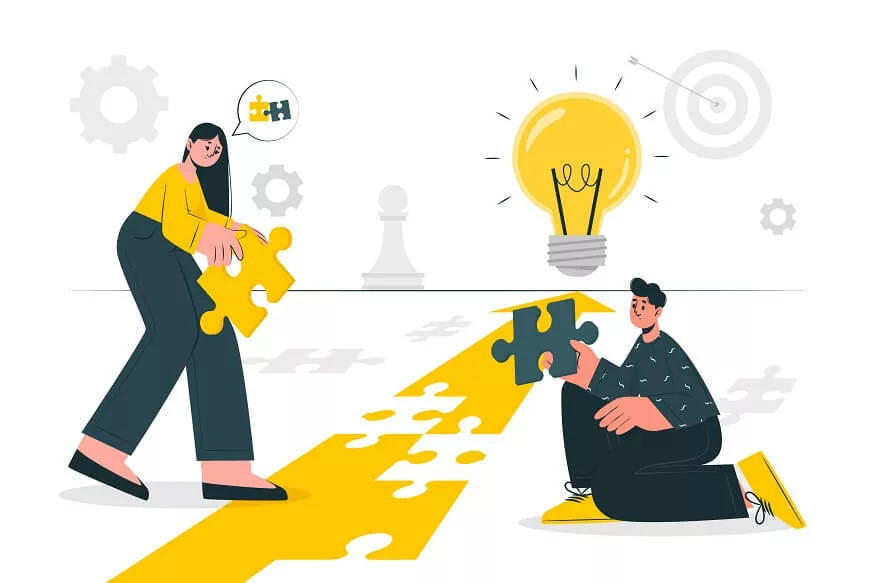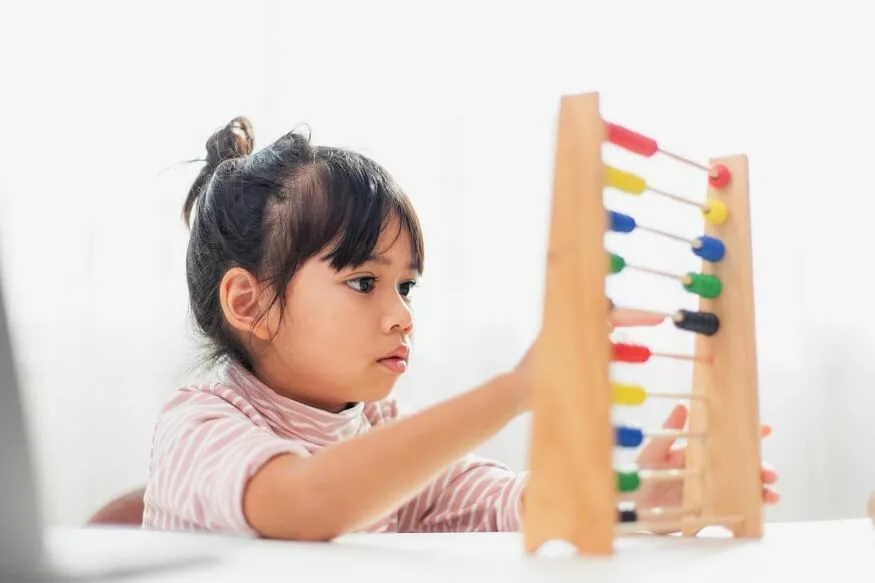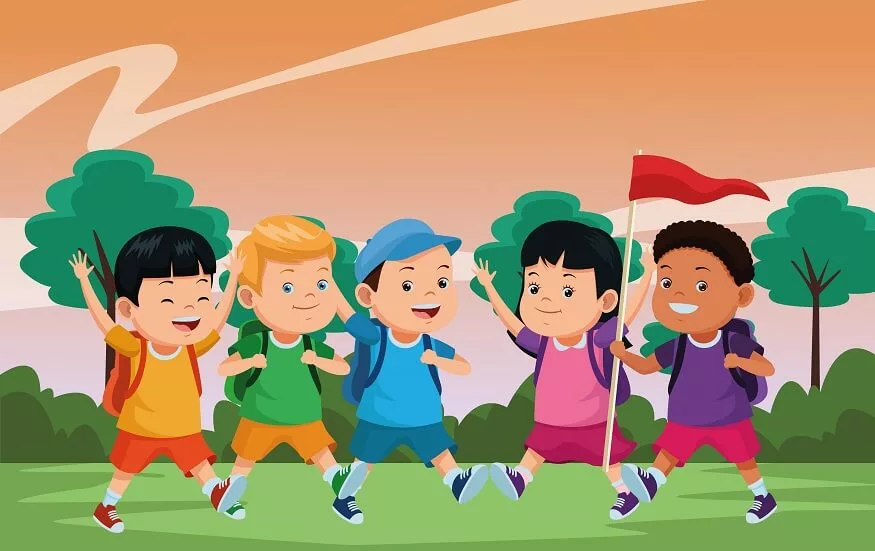The practice of solving problems involves finding ways to rectify an issue or challenge presented which may emerge across different facets of life such as personal struggles or professional scenarios. Accomplishing this task successfully requires analysing difficult circumstances critically with thorough consideration towards every component involved before implementing practical solutions that address all concerns effectively. The procedure often involves recognising the fundamental cause that gave rise to the problem; conducting extensive research gathering data, brainstorming potential options for solutions, weighing up the consequences of every possibility, and selecting the best choice possible followed by careful implementation while continually monitoring progress. Having efficient problem-solving skills allows individuals to tackle obstacles head-on and make informed decisions that help to achieve their goals.
In today’s world, developing skills of problem solving for kids is fundamental to their success in life. Developing the skill of problem solving for kids enables them to build critical thinking competencies. Breaking down complex issues into smaller parts and then analysing the components helps kids apply sound logic strategies which enable them to synthesise practical solutions that make sense. As creativity increasingly becomes a valuable asset, developing creative problem solving techniques through practice enhances children’s ability to think innovatively, resulting in coming up with novel ways of approaching situations by thinking outside of conventional methods. Successfully tackling difficult problems builds character traits such as perseverance and determination; leading towards building self-confidence and boosting self-esteem which translates into lifelong benefits for these young minds. Through the process of solving complex problems, kids develop valuable traits such as creativity and confidence that will help them excel throughout their lifetime. Therefore it should be a priority for parents and educators alike to foster these critical skills in young learners.
Also read : Assessment of Scholastic Skills through Educational Testing
Problem solving skills for students
Here are some effective ways to develop problem solving skills for students:
- Encourage critical thinking – Fostering a capacity for critical thought within children benefits their future development immeasurably. An effective method of achieving this goal involves employing open-ended questioning which elicits deeper insights into individual experiences. Examples could revolve around soliciting innovative solutions for problems or encouraging recollection of what was learned from past scenarios. In addition, productive conversations with kids should feature diverse viewpoints on any given subject matter; this will hone their ability to analyse circumstances and evaluate issues from multiple angles.
- Provide opportunities – Raising resilient kids means equipping them with essential life skills like problem solving. A great way to do this is by providing plenty of opportunities for independent thinking and decision making. From fun puzzles to engaging games and even hands-on tasks like toy repairs or project planning, kids learn valuable lessons when given the chance to come up with solutions on their own. Not only does this build confidence but it also fosters critical thinking abilities that will serve them well in all areas of life.
- Teach decision-making skills – Critical thinking remains an integral part of human beings’ cognitive development from childhood through adulthood influencing reasoning abilities vital for making good choices in life successfully. It is therefore essential for parents or guardians concerned about shaping their kids’ future success trajectory by ensuring they acquire these skills early enough in life; one critical aspect being teaching rational or logical thinking that involves evaluating available alternatives considering expense vs benefits or possible pros vs cons before settling on a final decision that enhances creative solution finding potentialities among kids from an early age onward as not only essential but highly rewarding in the long run.
- Foster creativity – The key objective towards enhancing a child’s creativity is providing avenues for engaging with varied concepts whilst offering multiple channels for expressive exploration through forms such as arts, writing or music-based activity initiatives, sessions, venues for workshops, and platforms. Lean-in towards allowing kids greater freedom to synthesise disparate thoughts atypical of prescribed conventions whilst inspiring ingenious ideas, thereby enabling fresh pathways targeted at overcoming obstacles via innovative problem-solving techniques developed from within youthful minds sharpened by continuous encouragement of imaginative activity.
- Provide positive feedback – Motivate children by acknowledging their achievements and providing positive feedback when they successfully solve a problem. Celebrate their successes with enthusiasm as this can help build their confidence and inspire them to continue developing crucial problem solving skills.
Also read : Classy Tin Can Craft Ideas for Kids
How to improve a child’s problem solving skills?
Equipping children with the ability to overcome challenges is critical for their personal advancement. Problem-solving is an important skill for kids to develop, as it helps them become more independent, resilient, and confident. Here are some problem-solving steps that kids can follow:
- Define the problem – To aid your child in overcoming their difficulties identifying the issue at hand must be done first. Ask them what goals they want to achieve and why they are unable to reach them. Be specific in your questioning guiding them towards pinpointing particular hurdles that hinder progress.
- Gather information – Assist your child in gathering information and data regarding the problem at hand. Inquire about the individuals implicated, the nature of the issue, and the initial occurrence. Promote communication with various parties to attain varying viewpoints.
- Brainstorm solutions – A key element of aiding your child when they encounter difficulties is collaborating with them on brainstorming potential solutions. This empowers them by providing an array of alternatives and helping build their understanding of their situation. Be sure that you are encouraging multiple possibilities and not dismissing any ideas prematurely, sometimes even seemingly outlandish notions can inspire useful outcomes.
- Evaluate the solutions – Guide your child through a constructive evaluation process of their proposed solutions whereby they critically evaluate the benefits and downsides of each option. Encourage them to consider how each potential solution might result in varying outcomes and consequences.
- Choose a solution – Guide your child towards selecting the most fitting course of action once they have analysed their alternatives. Remind them to reflect on how this solution will affect both themselves and those around them.
- Implement the solution – The next step after choosing a viable solution is implementation. Assist your child in taking incremental and measurable steps towards achieving their objective, while closely monitoring their progress.
- Evaluate the outcome – After executing a solution, be sure to assess outcomes jointly with your child. Guide them in assessing what went smoothly and uncovering aspects that could have been improved for more effective problem-solving methods in the future.
Also read: 10 Creative Bead Crafts for Kids
Conclusion
Throughout our lives, we will encounter various hurdles that will require us to have developed effective problem solving capabilities. Whether they are minor everyday obstacles or major complex matters at hand, understanding how to identify issues thoroughly, analyse them and come up with viable solutions is important both personally and professionally.
At EuroSchool, we believe that helping children build strong problem solving skills takes time and dedication from parents or caregivers. It is important to offer a variety of experiences that challenge their thinking while still being age appropriate. Fostering creativity through art projects or imaginative play helps build resilience and adaptability, key traits of successful problem solvers. To further support their growth model effective decision-making processes in daily life so they learn by example. Finally do not forget to provide plenty of affirmation when they succeed as this will further boost their confidence and motivation. Children who are encouraged to develop their problem solving skills can enjoy increased confidence, creativity, and resilience when faced with challenges. Parents, educators or other caretakers have an instrumental role in guiding youngsters toward building these crucial abilities by providing support opportunities and feedback even using real-life scenarios as learning experiences too will be invaluable in preparing them for what may lie ahead in this rapidly evolving world.











